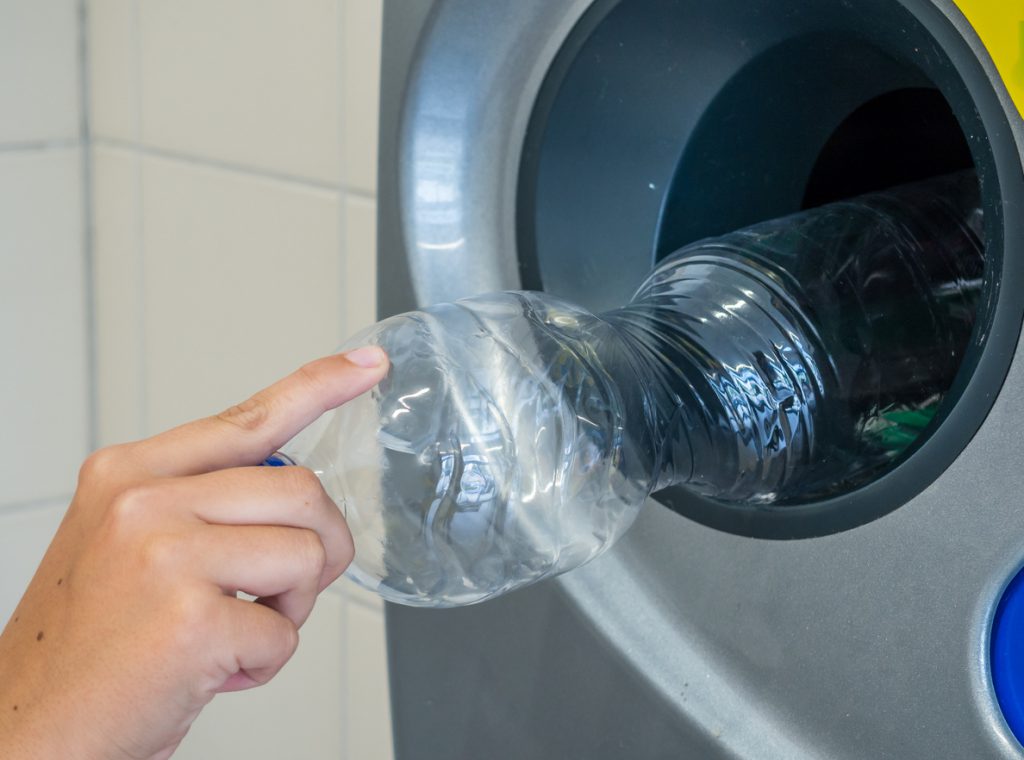Have we bottled it?

The Bottle Collection Recycling Scheme was a move in the right direction as it has resulted in a drastic reduction of the disposal of plastic containers in the environment. To date some 60 million plastic containers have been collected, thus contributing for the circular economy.
However, as the saying goes the devil lies in the detail. In this respect the manner in which the BCRS scheme operates leaves much to be desired. Under this scheme, consumers must pay a 10c deposit on most beverage containers which can be recouped when disposing of each and every bottle through the right channel. In principle, this is the same model which decades ago use to be in place for the soft drinks glass bottles, with one major difference. The BCRS scheme hinges on the reverse vending machines and this is where the problems lie. While there is nothing intrinsically wrong in obliging consumers to dispose these containers in these machines to take back the 10c deposit, in practice this is turning out to be a logistical nightmare.
First of all, the number of machines is still limited meaning that in some areas consumers are having to queue to get their refund and at times facing the prospect of the machine filling up by the time of their turn. Secondly, the situation is being compounded by technical issues which are resulting in the machines being out of order. A further disadvantage, is that the containers need to be kept in perfect condition as otherwise the machine would reject them. Consequently, households are ending up with large volumes of plastic bottles which in turn pose storage space problems. The worst hit are the elderly and those who have no means of private transport, as they are giving up on this scheme unless they find a relative or friend who can dispose of these containers on their behalf. In particular, this scheme is negatively impacting people with restricted mobility.
Another issue which raises questions is the fact that the operator claims to be based on a “not-for-profit model”. In this case, consumers would expect more transparency on the level of revenue which is not being reclaimed by consumers. In short, what about the money collected for those containers which are not being returned?
Perhaps, it is time to go back to the drawing board and tackle the roots of the problem. What if we had to address the problem at source and reduce the dependency on plastic containers? Would it not be simpler to go to the village grocer and exchange bottles whether plastic, glass or metal, just like we used to do decades ago without having to rely on the middleman ie reverse vending machines?
